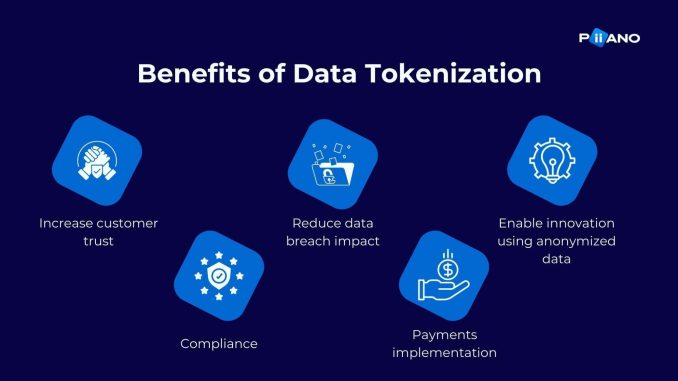
In the realm of digital security, tokenization has emerged as a powerful method for protecting sensitive information in an increasingly data-driven world. At its core, tokenization is the process of substituting a sensitive data element—such as a credit card number or personal identifier—with a non-sensitive equivalent known as a token. This token has no exploitable value on its own and serves merely as a reference to the original data, which is securely stored in a separate, protected location. The brilliance of tokenization lies in its simplicity and effectiveness: by removing the actual data from the transaction or storage environment, it dramatically reduces the risk of exposure in the event of a breach.
Consider the example of a retail transaction. When a customer swipes their credit card, the merchant’s system doesn’t need to store the actual card number. Instead, it generates a token that represents that card number and uses it for all subsequent processing. The real card data is stored securely in a token vault, accessible only through strict authentication protocols. Even if a hacker were to infiltrate the merchant’s system, the stolen tokens would be useless without access to the vault. This approach not only enhances security but also simplifies compliance with data protection regulations, which often mandate stringent controls over sensitive information.
Tokenization is distinct from encryption, though the two are often confused. Encryption transforms data into a coded format that can be reversed with the correct key. While effective, encryption still involves storing the original data in some form, which can be a liability if the key is compromised. Tokenization, on the other hand, eliminates the need to store the original data within the operational environment altogether. The token is not mathematically derived from the original data, meaning it cannot be reverse-engineered. This makes tokenization particularly attractive for industries like finance, healthcare, and e-commerce, where data breaches can have severe consequences.
The rise of digital payments and mobile wallets has further amplified the importance of tokenization. Services like Apple Pay and Google Pay rely heavily on tokenization to secure transactions. When a user adds a card to their mobile wallet, the system generates a unique token for that card. During a purchase, the token—not the actual card number—is transmitted to the merchant. This ensures that even if the transaction data is intercepted, the attacker gains nothing of value. Moreover, tokens can be configured to expire after a single use or be limited to specific merchants, adding another layer of protection.
From a business perspective, tokenization offers more than just security—it provides operational flexibility. Organizations can process transactions, analyze data, and manage customer interactions without ever handling the actual sensitive information. This reduces the scope of compliance audits and lowers the risk profile of the enterprise. It also enables secure data sharing across platforms and partners, as tokens can be used to represent data without exposing the underlying details. For example, a healthcare provider might use tokenization to share patient information with a research institution, ensuring privacy while enabling valuable insights.
However, implementing tokenization is not without its challenges. It requires a robust infrastructure to manage token generation, storage, and retrieval. The token vault must be highly secure and resilient, with strict access controls and monitoring. Integration with existing systems can be complex, especially in legacy environments. Businesses must also consider the performance implications, as tokenization can introduce latency if not properly optimized. Despite these hurdles, the long-term benefits in terms of security, compliance, and customer trust make tokenization a worthwhile investment.
Ethical considerations also come into play. As organizations collect and process more personal data, they bear a responsibility to protect it. Tokenization aligns with the principle of data minimization—only using and storing what is absolutely necessary. It supports transparency and accountability, as users can be assured that their information is not being unnecessarily exposed or retained. In an era where data privacy is increasingly scrutinized, tokenization offers a way to build trust and demonstrate a commitment to responsible data stewardship.
Looking ahead, tokenization is likely to become even more integral to digital security strategies. As cyber threats evolve and regulatory landscapes shift, businesses will need scalable, adaptable solutions to safeguard their data. Tokenization provides a foundation for secure innovation, enabling new services and experiences without compromising privacy. Whether it’s securing online transactions, protecting health records, or enabling digital identity, tokenization stands as a cornerstone of modern cybersecurity.
Sources: